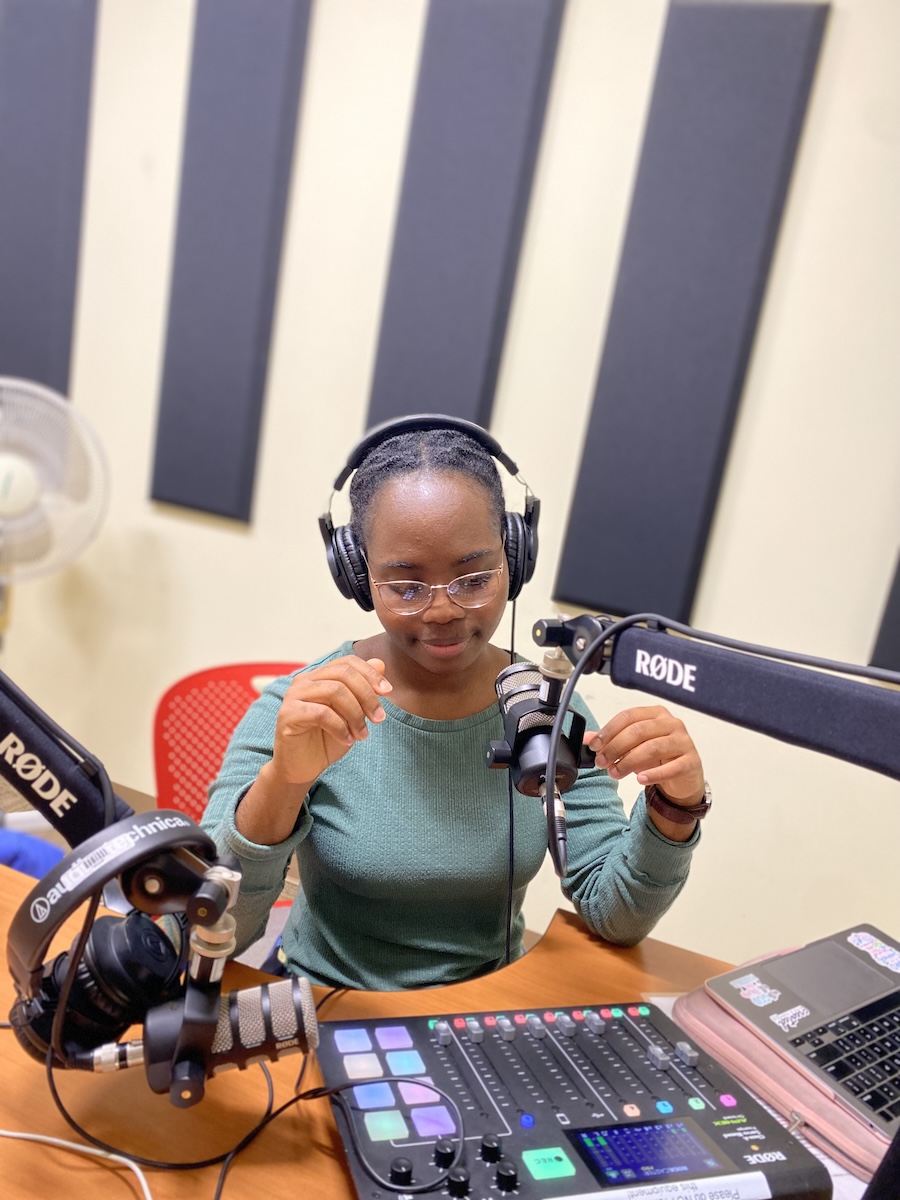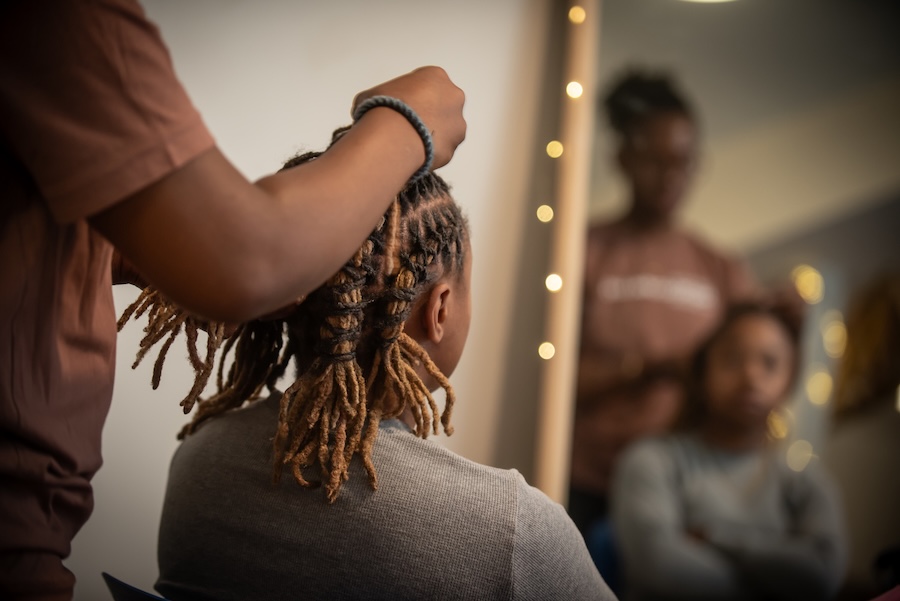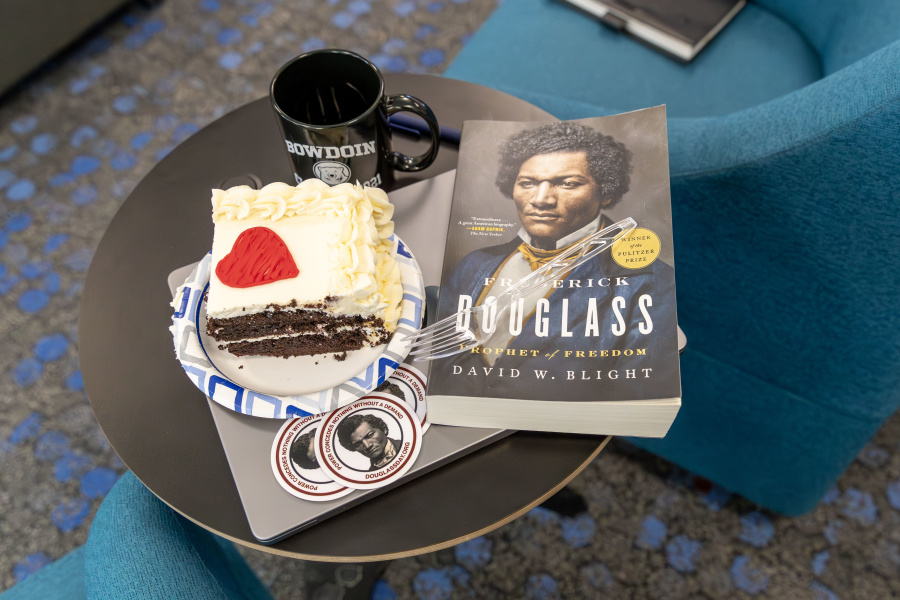Food & Faith: Teaching Students About Islam Through Samosas
By Talia Cowen '16Ameena Khan ’16 was working for Director of Religious and Spiritual Life Robert Ives when she came up with the idea for Food & Faith.
“I was working for Bob Ives and we had been trying to develop new programming to promote interfaith dialogue,” Khan explained. Realizing that religious and cultural practices often underlie the preparation and serving of many traditional dishes, Khan launched the new food-centric event at Bowdoin to appeal to both students’ appetites and their intellectual curiosity.
The inaugural Food & Faith event took place on the evening of April 15 at the Student Center for Multicultural Life, and was hosted by the Muslim Student Association (MSA), which Khan leads. The food at the front and center of the event was the samosa, a fried triangular treat with a spiced filling including peas, onions, rice, and often beef.
While MSA members prepared the ingredients for the samosas, students tasted samosas and sauces (provided by Bowdoin Dining) in anticipation of making their own.
Each table was set with fillings, spring roll dough, and a dish of water. Khan led the students in a step-by-step instruction on how to properly fold a samosa. As each table became accustomed to the technique, MSA members assisted with folding and frying the treat so they could be enjoyed fresh.
Food & Faith was an event that appealed to Caroline Montag ’17 for several reasons. “Not only do I like samosas but this is a campus group that I’ve never really interacted with and I’m excited to meet the leaders,” she said.
The event gave students the opportunity to learn more about Islam, and how samosas fit into the religion. MSA members went from table to table to assist with samosa folding, but also to explain the religious symbolism of the samosa. Irfan Alam ’18—one of the MSA members who helped with the event—explained how his family in Pakistan makes samosas during Ramadan. Ramadan is one of the five pillars of Islam and lasts roughly one month during the ninth month in the Islamic calendar.
Each evening after sundown during Ramadan, “people break fast together and eat as much fried food as possible,” including samosas, Alam explained. Ramadan is a “time of religious reflection and to humble yourself,” and ends with the festival of Eid.
The casual setting of the Food & Faith event allowed for each table to ask questions about Islam, and gain a greater understanding of the religion and its practices, as well as meet MSA members.
When Alam explained that Ramadan often falls during the school year, one student asked what that experience was like. “When you’re in school it’s difficult to fast, but here it’s easy because you fast from sunrise to sunset and in the fall the sunsets are really early,” joked Alam. He also explained that he was able to spend Eid with a fellow MSA member whose family resides in Portland.
“Ameena wanted to do food of faith…in the hope of initiating other faith groups and to lead by example,” Ives said.












